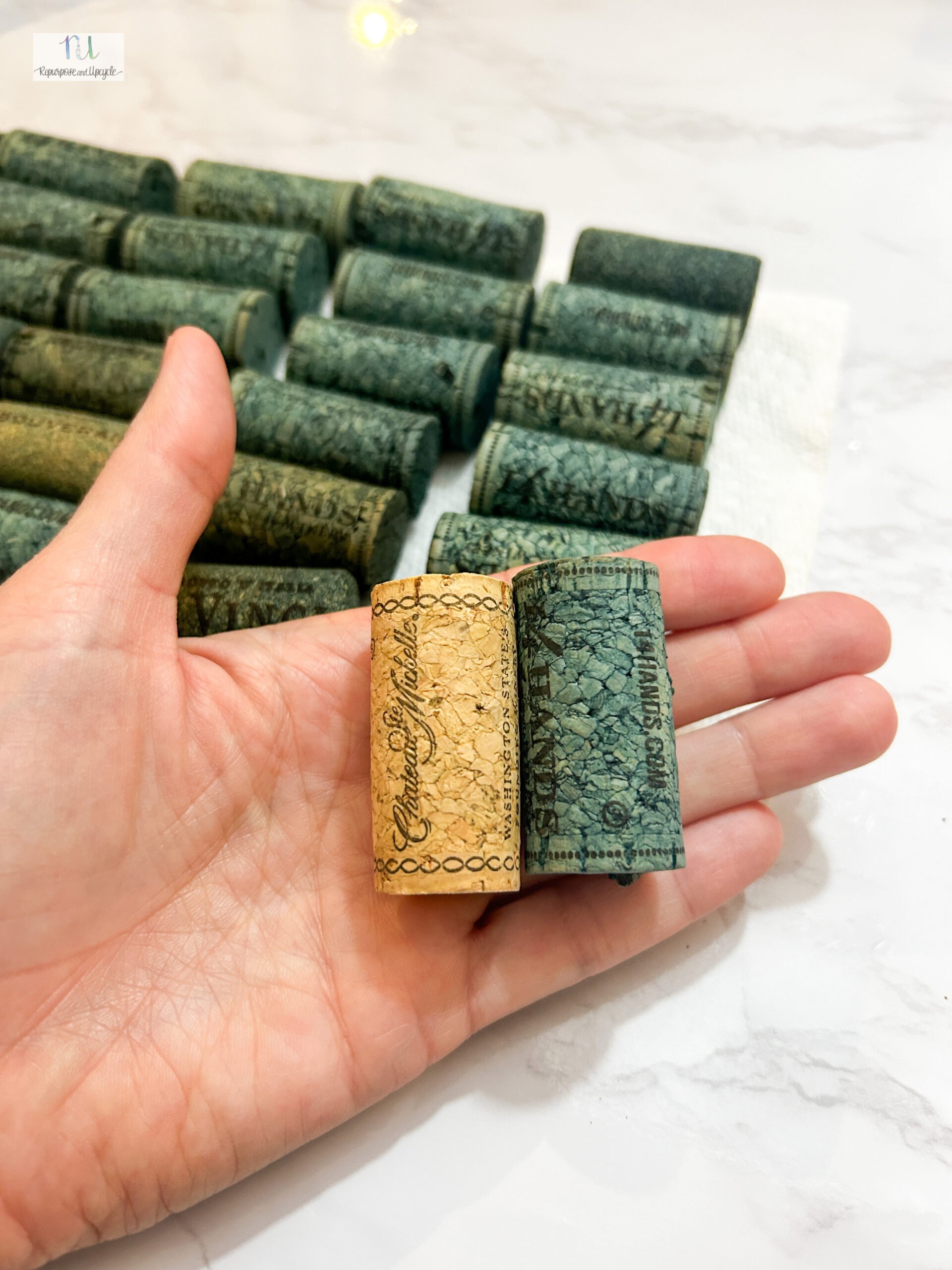Ever wondered why you use wax after you’ve painted furniture? I’ve explained it all in this post about what’s up with furniture wax and why you use it.
Painting furniture has become a household name. From Chalk paint to milk paint to furniture wax, most crafters (even non crafters) have tried it! Maybe you are new to the painting furniture game and want to know what all the hype is about!
Furniture wax is commonly used to protect and enhance the appearance of wooden furniture. It creates a barrier that prevents moisture and dirt from penetrating the wood, which can cause damage over time. Also, furniture wax can give wooden furniture a beautiful shine and make it look more polished. If you are wondering more about wax, you landed in the right place because I’m going to share all about furniture wax and why you use it.
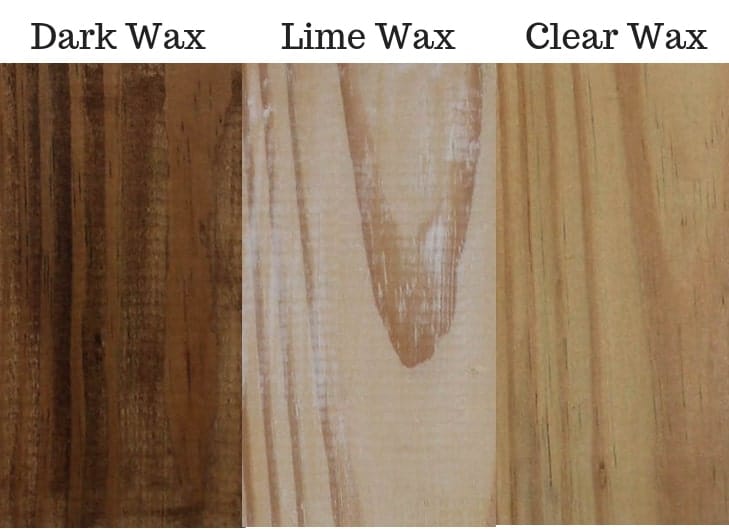
What is furniture wax?
Furniture wax is literally a “wax” application that is applied over a primary finish OR bare wood to add a protective barrier and leave the wood looking natural. It penetrates the porous surface and seals the paint very well.
Furniture wax (or wood wax) has been around forever and isn’t new to the furniture finishing game. It happens to be the furniture finish of choice for most chalk paint and some milk paints.
Why you ask?
Chalk paint and milk paint are very porous and need a good top coat. Unlike Polyurethane, wax won’t yellow or crack over time. It also leaves a soft matte finish that most furniture painters prefer especially over chalk painted furniture.
Disclosure; this post contains affiliate links. As an Amazon Associate I earn from qualifying purchases. This disclosure statement refers to the rest of the Amazon links in this post. See more on my disclosure page.
Looking for the best wax for furniture products? Check this post out.

Types of Wax
There are several types of furniture wax available, and each one has its own benefits. Here are some of the most common types of wax:
- Paste Wax: This type of wax is easy to apply and provides a durable finish. It’s great for protecting wood furniture against scratches and other damage.
- Liquid Wax: Liquid wax is easy to apply and dries quickly. It’s a good choice for furniture that needs to be protected against moisture.
- Spray Wax: Spray wax is easy to apply and provides a thin, even layer of protection. It’s a good choice for furniture that needs to be protected against dust and other particles.
Three different colors of wax
Dark wax
Dark wax is used to “highlight” curves and crevices of a furniture piece. It’s a great way to antique furniture or make it look aged. You can also use dark wax to make the furniture piece overall darker.
Tip: It’s always a good idea to put a layer of clear wax over the piece before using your dark wax. A little bit of dark wax goes a long way, and if you apply it before you use clear wax it can be difficult to remove.
Dark Wax Products:



Annie Sloan Dark wax-
I used a dark wax below to darken the overall look of a milk painted coffee table.

You can also see where I used a little dark wax to create a weathered wood look to a smooth surface.
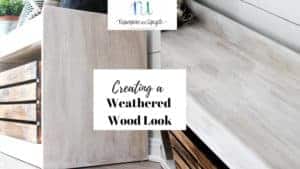
Clear wax
Clear wax is probably the most commonly used wax for those who want to seal their furniture piece and not alter the color. Clear wax can come in a few different forms like a beeswax product, a cream wax product and then a candle wax consistency type of product.
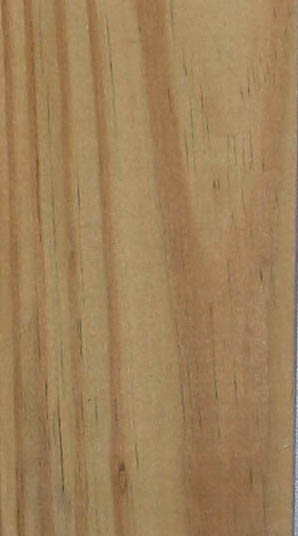
Clear Wax Products:


Americana Decor clear cream wax

Annie Sloan clear wax –
Lime wax or white wax
Liming wax, or white wax, can be used to lighten the overall appearance of a piece of furniture or highlight the wood grain. Lime wax is also used sometimes to give a piece of furniture a whitewash finish.
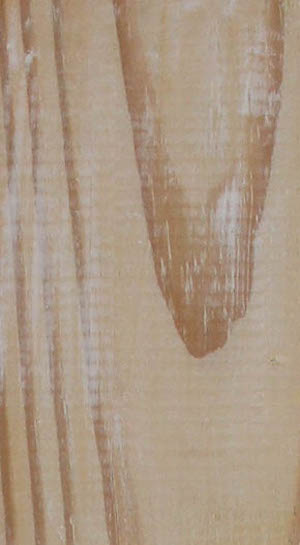
You can see an example of how I lime waxed an old coffee table.


Related posts:
Protect your Furniture! Best Clear Coat for Wood for a Lasting finish
Testing Beeswax for Wood for the Best Beeswax Furniture Polish
How is furniture wax applied?
Wax is usually applied with a soft lint free cloth or a round brush. The round brush is really good at making sure the wax gets in all the small areas of the wood and really penetrates it. Make sure to work with thin coats applying in sections (I like to apply the wax in a circular motion). If you put too much wax on a piece of furniture, it won’t properly dry and it will always feel “waxy.”
After you’ve applied the wax and it’s dried, it can then be buffed with a clean lint free cloth for a smooth finish. A properly waxed piece of furniture will harden the paint and leave a smooth finish. If it’s tacky or doesn’t feel smooth, chances are you’ve used too much product or you haven’t buffed it out well enough.
Furniture wax is typically applied in the following steps:
- Start by cleaning the furniture surface thoroughly using a mild soap and warm water. Allow it to dry completely.
- Using a soft cloth or brush, apply a thin layer of wax to the furniture surface. Be sure to follow the grain of the wood.
- Allow the wax to dry for a few minutes, or until it appears hazy.
- Buff the waxed surface with a soft cloth or buffing brush until it shines.
- Repeat the process if necessary, until you achieve the desired level of shine.
It’s important to note that different types of furniture wax may have different application instructions. Be sure to read the manufacturer’s instructions before applying the wax to your furniture.
Difference between wood wax and wood sealer
Wood wax and wood sealer are two different types of wood finishes that serve different purposes.
Wood wax is a type of finish that is made from natural waxes, such as beeswax or carnauba wax. It is applied to the surface of wood to protect it from moisture and other environmental factors. Wood wax is typically used on furniture, flooring, and other wooden objects that are not exposed to heavy wear and tear. It provides a low-gloss, natural-looking finish that enhances the beauty of the wood grain.
Wood sealer, on the other hand, is a type of finish that is designed to penetrate the wood fibers and create a protective barrier against moisture, UV rays, and other environmental factors. It is typically used on outdoor furniture or furniture that gets a lot of use, decks, and other wooden structures that are exposed to the elements. Wood sealer comes in different types, such as oil-based, water-based, and acrylic-based, and can provide a clear or tinted finish.
In a nutshell, wood wax is a natural finish that provides a low-gloss, natural-looking finish, while wood sealer is a protective finish that creates a barrier against moisture and other environmental factors.

Want to save this post for later? I would love for you to Pin the image above.
Thanks for stopping by! I hope you’ve been inspired to create.
Lindsey**


